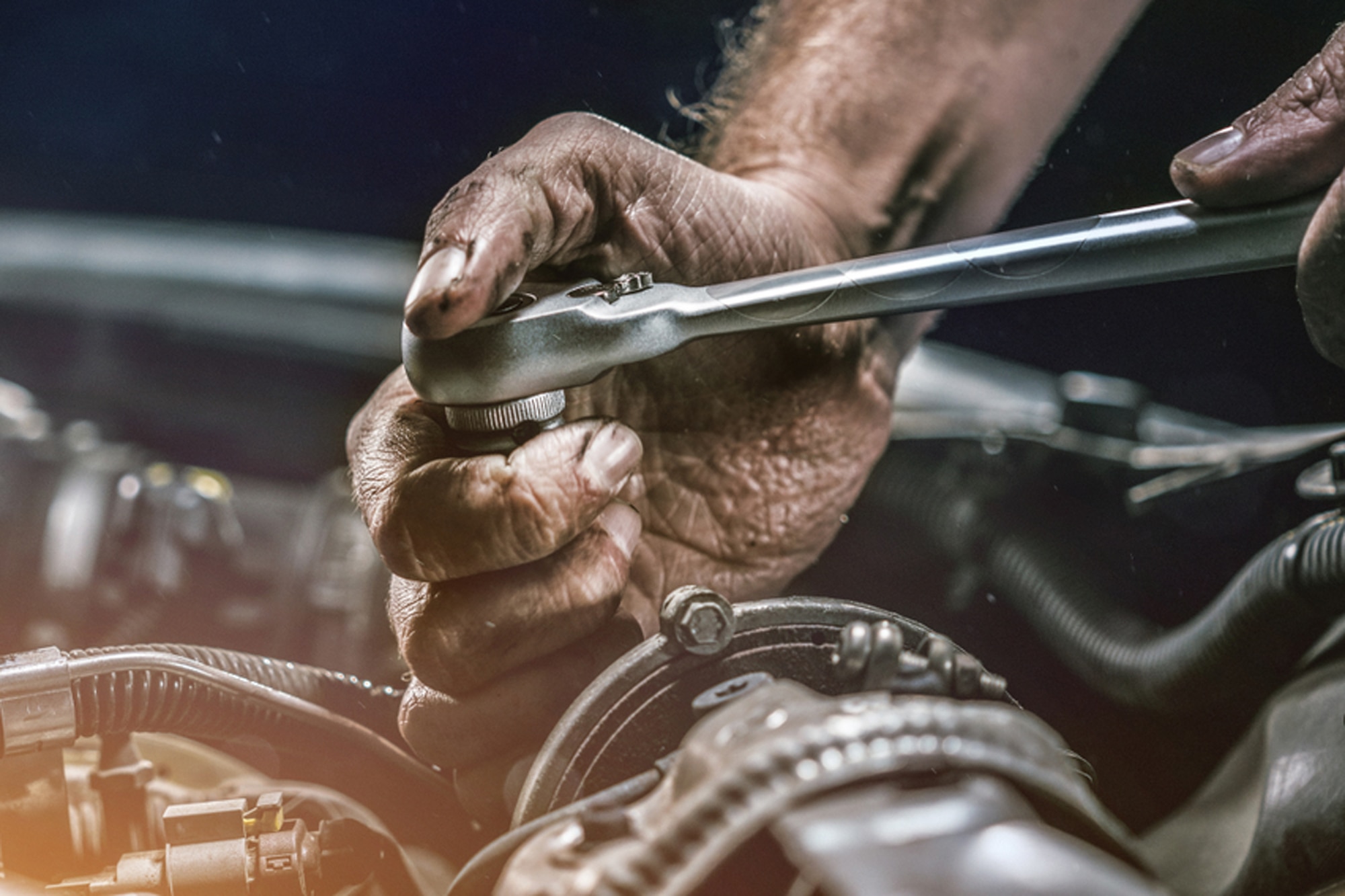What Voids a Lifetime Powertrain Warranty?
Here's what you need to know about a lifetime powertrain warranty, your responsibilities, and how to make the most of your lifetime powertrain warranty.
 Shutterstock
Shutterstock
A lifetime powertrain warranty covers essential components in your car and could save you money on otherwise expensive repairs. It's a handy warranty to have, but you'll need to do your part to ensure the warranty covers repairs should you need to file a claim. You might also consider avoiding certain driving behaviors, like driving off-road if your car isn't meant for that, as they could void your warranty. Here's what you need to know about maintaining your warranty coverage.
What a Powertrain Warranty Covers
A lifetime powertrain warranty covers the engine, drivetrain, transmission, and drive axles. It's basically the components in your car that are responsible for propulsion. Those components are comprised of many smaller parts that are also included within your warranty. Look at the details of your specific coverage to see exactly what's included.
Perform Scheduled Maintenance
Having this warranty doesn't mean you can simply ignore scheduled maintenance and expect the dealership to perform warranty repairs. You're responsible for maintaining your vehicle. This includes services as basic as oil changes and also more complicated services, such as flushing the engine coolant and changing transmission fluids.
You must perform scheduled maintenance on your vehicle. The owner's manual provides recommended service intervals, but you should also check the terms of your specific warranty to see if any additional services are required. Save all your receipts as proof of service, and be sure the work is done in a manner that's approved by your warranty.
The Challenge of Aftermarket Parts
Using aftermarket or recycled parts is one action that could void your coverage, but this can be tricky. If you use these parts and they allow your vehicle to perform within its specified parameters, then there shouldn't be a problem. If, however, it's determined that the part caused your vehicle to perform outside its tolerances, then your claim could be denied.
For example, using an aftermarket oil filter is fine if it doesn't alter the flow of oil outside of your car's specifications. Using one that causes an improper flow of oil could cause engine damage, resulting in voided warranty coverage. Road & Track also notes that any aftermarket part that causes performance outside your car's specifications could be cause for voided warranty coverage.
Adding a cold air intake, for example, isn't cause in and of itself for a denial of coverage. But if it's determined that the part didn't perform properly or caused damage to your car, then that could be cause for denying coverage.
The Magnuson-Moss Warranty Act
The burden of proof for denying a claim due to using aftermarket parts or modifications lies with the dealership thanks to the Magnuson-Moss Warranty Act. This act became law in 1975, and states that the dealer must prove that aftermarket equipment has caused the need for repairs before it can deny coverage.
Misuse of Your Vehicle
If you have a rough commute that includes long hours on the highway and fighting bad weather every winter, that can be tough on your car. That type of use, however, is what people are expected to do in their cars — it's not considered misuse.
Misuse means using your car for activities it wasn't designed to do. It's a bit of a gray area here, but if your dealer spots signs of misuse, your warranty claim may be denied. Activities that are considered misuse include racing, overloading a vehicle, and off-roading. Yes, some vehicles are designed to go off-road and may be fine with this kind of use. Other vehicles can't handle that type of driving, and trying it anyway could void your warranty.
The easiest way to ensure your lifetime powertrain warranty remains valid is to thoroughly read the terms of your warranty and ask the dealership if anything is unclear. This way, you know what's expected of you and fully understand how your actions could result in a denial of coverage.
Written by humans.
Edited by humans.
 Nicole Wakelin
Nicole WakelinI write about cars. A lot. That's because I’ve always loved cars and the fact that they regularly hand me the keys to shiny new automobiles so I can write about them is a constant source of amazement. I cover breaking news, write reviews, and attend auto shows and new vehicle launches across the country. The more winding the road and the more unknown the route, the better.
Related articles
View more related articles